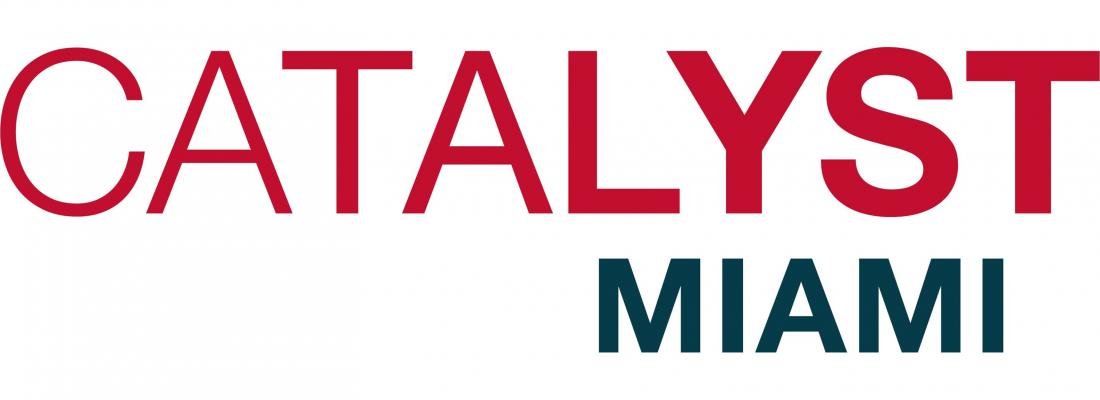
Miami, FL
United States
Collected data on small businesses owned by people of color in North Miami to help them adjust their business models and to aid the city in directing relief funds.
The pandemic-induced recession is crushing small businesses in and around North Miami, many of which are Haitian-owned. Catalyst Miami, a nonprofit focused on community change and economic mobility, launched a pilot in April to help small business access technical assistance and prepare and submit loan applications. Catalyst Miami also received funding in September for emergency relief. This grant opportunity will support Catalyst Miami in collecting data to better direct relief funds and provide customized technical assistance. To do so, Catalyst Miami is interested in answering: What do North Miami’s small businesses need and in what order? What are useful small business resilience benchmark? What are the small businesses operational profiles (cash flow, number of employees, commercial leases, W-2s, etc.)?
To collect data, Catalyst Miami will work with the North Miami Community Redevelopment Agency (CRA) and the City of North Miami to identify small businesses that are within the city limits but outside of CRA area. Eligible small businesses must meet a revenue cap and be owned by people of color with low- to moderate-incomes at or below 80 percent of Area Median Income (AMI). Another factor will be whether more than 50 percent of the households in the geographic sector served by small businesses have low- to moderate-incomes. Catalyst Miami will administer a survey and conduct focus groups with small business owners to determine what support they need, exploring benchmarks such as having 3 months of reserves, being able to pay bills, achieving customer loyalty, and managing cash flow during volatility.
The data Catalyst Miami collects will help small businesses adjust their business models and will aid the City of North Miami in directing relief funds and deciding which in-depth consultation and financial management to offer. The data will also benefit CRA so that they can better understand small businesses’ growth plans and can anticipate what the small business landscape will look like over the next five years.